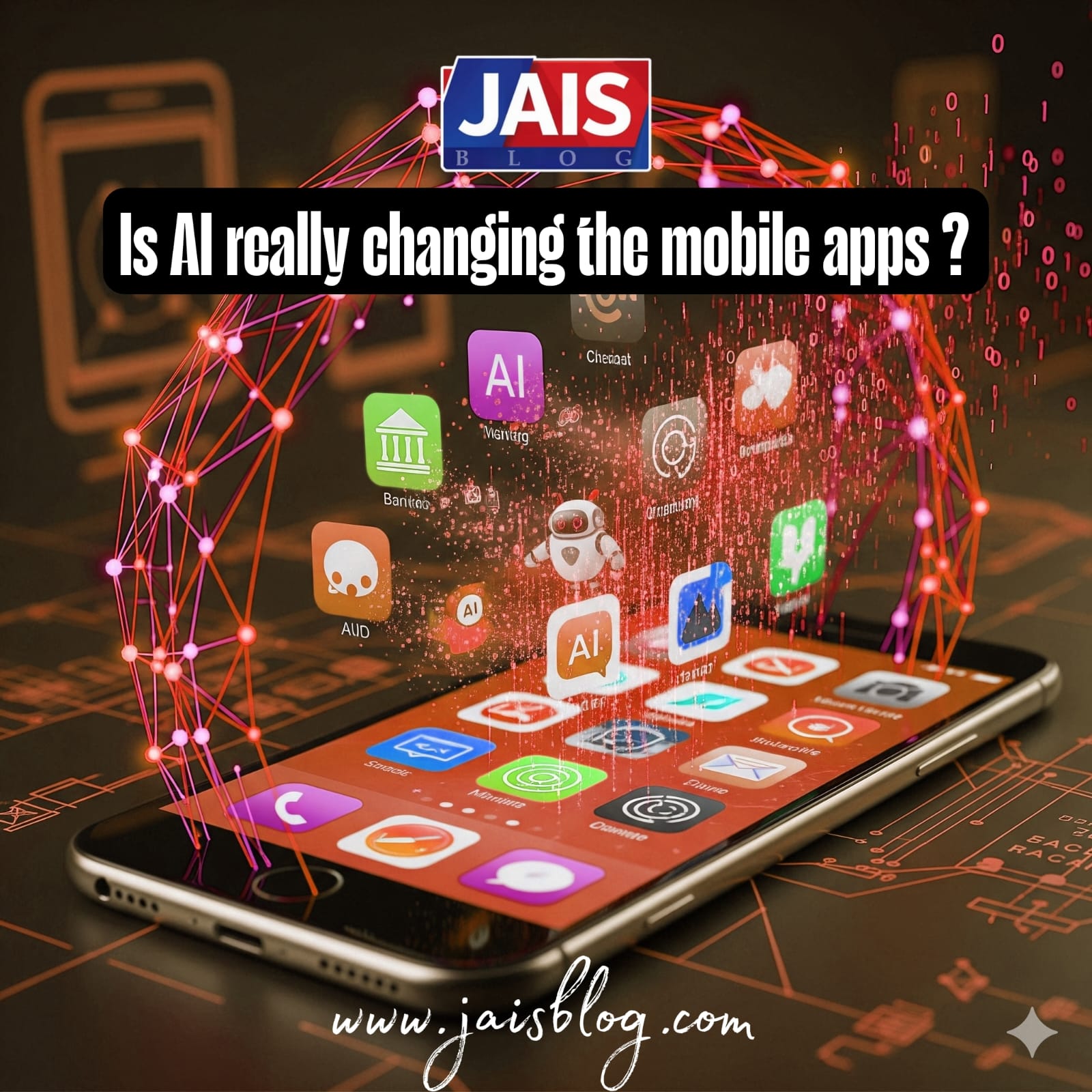Over the past ten years, mobile apps have evolved from straightforward tools to intricate ecosystems that support everything from shopping and banking to entertainment and fitness. What, though, is causing this enormous evolution? Artificial Intelligence (AI) is one important player.
So, does AI really change how apps work on phones? The clear answer is yes, and we can already see the effects everywhere. Let’s look at how.
Better experiences for users
AI is making apps for phones smarter and easier to use. Think about how Netflix chooses what to show you or how Spotify finds your next favorite song. Machine learning algorithms look at how users behave and guess what they’ll like next to make these personalized experiences possible.
These days, apps aren’t just passive tools; they’re also people who learn from you and change over time.
More customized options
Hyper-personalization is one of the most clear ways that AI is changing mobile apps. AI makes sure that the experience feels unique to you, whether it’s a shopping app that suggests items based on what you’ve bought before or a fitness app that changes your workout plan based on your performance data.
This level of customization not only makes users happier, but it also keeps them interested and returning.
Chatbots and virtual assistants that use AI
AI has made a big difference in how customer service works in mobile apps. A lot of apps now have chatbots that are powered by AI and can help you right away, 24 hours a day, 7 days a week.
These bots can answer questions, take orders, fix issues, and even send more complicated problems to real people. The end result was faster responses, lower costs, and users who were happier.
AR features and cameras that are smarter
AI has changed how cameras on phones work. AI is used a lot in apps like Instagram and Snapchat for things like portrait mode, real-time scene recognition, and facial filters.
Augmented reality (AR) apps, which are used for things like games, education, and interior design, also use AI to track movements, measure spaces, and place virtual objects very accurately.
Process Voice and Language
Voice assistants like Siri, Google Assistant, and Alexa can now be easily added to mobile devices thanks to AI. These tools can now do more than just answer questions. They can also read your messages, control smart home devices, and set reminders.
Real-time language translation, speech-to-text, and accessibility features are also powered by AI. This makes apps more open and useful for everyone.
Security and Fraud Detection
AI is being used by fintech apps and mobile banking to track anomalous activity and identify fraud instantly. Artificial intelligence (AI) systems can identify patterns that point to illegal access and immediately lock accounts or notify users.
AI also improves biometric authentication, such as fingerprint scanning or facial recognition, guaranteeing increased security without sacrificing usability.
Analytics for Prediction
These days, mobile apps are able to anticipate users’ needs or wants before they even ask. For example, a calendar app might advise when to depart based on traffic, or a travel app might offer packing advice based on the weather at your destination.
AI’s capacity to analyze vast datasets and predict results powers these features, which is a huge win for utility and user engagement.
AI is more than just a catchphrase; it is radically changing the way that mobile apps are created, utilized, and designed. We can anticipate even more sophisticated features, more intelligent automation, and enhanced user experiences as technology develops further.
So, is AI really changing mobile apps?
Of course. And the most intelligent apps of the future are already being developed with artificial intelligence at their heart.

